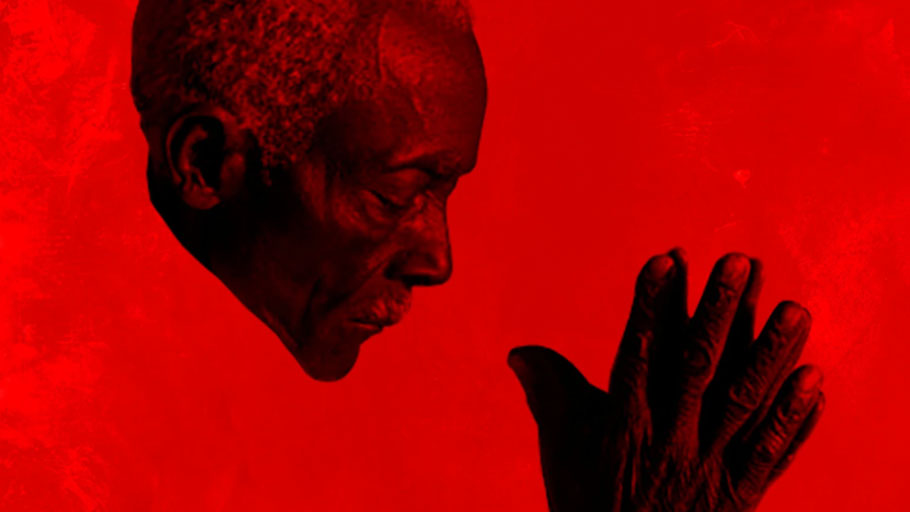Race Matters. At the beginning of 2020, the Social Justice Committee of the First Unitarian Universalist Society of Exeter (FUUSE) sponsored two community discussions on racial issues and local racial history. Shortly after, the coronavirus pandemic took over, destroying lives inequitably among Black and brown people. Adding to that pain, police killings of Black people inspired demonstrations of racial reckoning all over the country.
As we look ahead to 2021, with hope clinging to wide application of a vaccination and new national leadership, we think of restoration to more peaceful times, of repair to a land riven by political hostilities, to resumption of civility. And we look ahead to the final meeting in that Race Matters series: “Reparations: Why Now?”
The Social Justice Committee of the First Unitarian Universalist Society of Exeter (FUUSE) is sponsoring a Zoom program: “Reparations: The Midpoint Between Truth and Reconciliation” on Monday, January 11, at 6:30 p.m. Woullard Lett, an active member of the National Coalition of Blacks for Reparations in America (N’COBRA) as well as the NAACP of Manchester, will highlight the meeting providing, the purposes, and the intent of current reparations proposed legislation. The public is invited to attend (email pyosha@comcast.net for Zoom link.)
For many, reparations is a new topic; but reparations for Black people is not a new topic. The first demands for reparations were made by enslaved people before the Civil War. Reparations is a response to slavery and the history of enslavement that carries into beliefs, policies and practices in every aspect of our lives today. Reparations is restorative justice, repayment for the continuing crimes of racism and discrimination.
There are many misconceptions about reparations, and there are specific conceptions and examples that are available to us.
Reparations is not just a topic of conversation or argument. Today there is a proposal in the United States Congress calling for reparations, HR 40. 173 Congresspeople have signed on as cosponsors of this bill to establish a Commission to Study and Develop Reparation Proposals; only Rep. Annie Kuster of the New Hampshire D.C. delegation has joined this effort thus far!
Numerous organizations, including many churches throughout the country, are seriously studying programs and policies that represent a continuation of harms inflicted in the context of slavery, including mass criminalization and incarceration, discrimination and structural exclusion specifically targeting Black people, and officially sponsored medical experimentation, and institutionalization – with a focus on “What kind of restitution is possible?”
The January 11 “Reparations” Zoom program will provide an opportunity for local residents to consider steps to be taken for appropriate remedies to racial and economic discrimination. Hopefully, New Hampshirites will join in a growing movement of restorative justice.
Source: Seacoast Online














